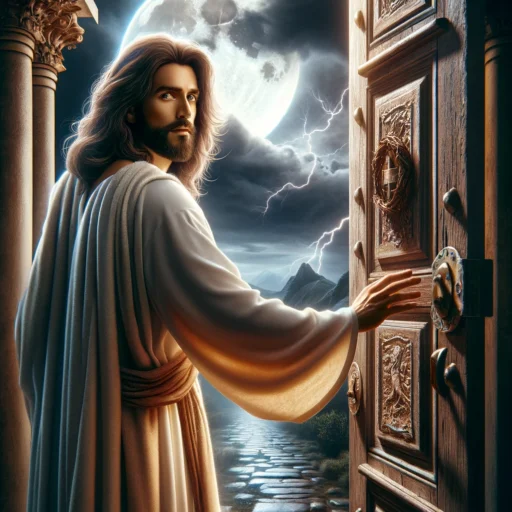It is interesting how the main events in Jonah cover a period of 45 days – From Jonah being in a death-like state in the belly of the fish for three days, his walking to the edge of Nineveh in about 2 days, his walking through Nineveh of one day while proclaiming that the city was to be overthrown in 40 days. That is the message that Jehovah told Jonah to say to the city. Simply put, from the king on down, everyone showed repentance by commanding “… No man and no domestic animal, no herd and no flock, should taste anything at all. None should take food. Even water they should not drink. And let them cover themselves with sackcloth, man and domestic animal; and let them call out to God with strength and come back, each one from his bad way and from the violence that was in their hands. Who is there knowing whether the [true] God may turn back and actually feel regret and turn back from his burning anger, so that we may not perish?” (Jonah 3:7-9) (The exact time of walking to the edge of Nineveh – I guess we should hope to make it thru so we can ask Jonah himself)
Jonah 1
Jonah 2
Jonah 3
Jonah 3:10 It is interesting how Jehovah “felt regret” and “he did not cause [it]”. The same opportunity (to show their submission and repentant attitudes) will be made available to nations of peoples during the 45 day period of repentance. Whether they survive “the great day of their wrath” (Revelation 6:17) will be seen.
Jonah 4
Jonah 4– A lesson can be learned from Jonah’s attitude. Jonah was proclaiming that Nineveh was going to be overthrown but it wasn’t! He was mad that these “one hundred and twenty thousand men who do not at all know the difference between their right hand and their left” were spared. It seems he felt his own personal viewpoint was not executed – so he was very mad. It very well be that many, many people will be spared -when Michael stands up – if they have the right attitude. We should not be mad – although they might have had a wicked reputation. Jehovah extends his love to those who repent and we should too – even if we personally feel they do not deserve it (Luke 15:11-32 “Prodigal son”)
This book definitely shows how Yahweh can be merciful.
